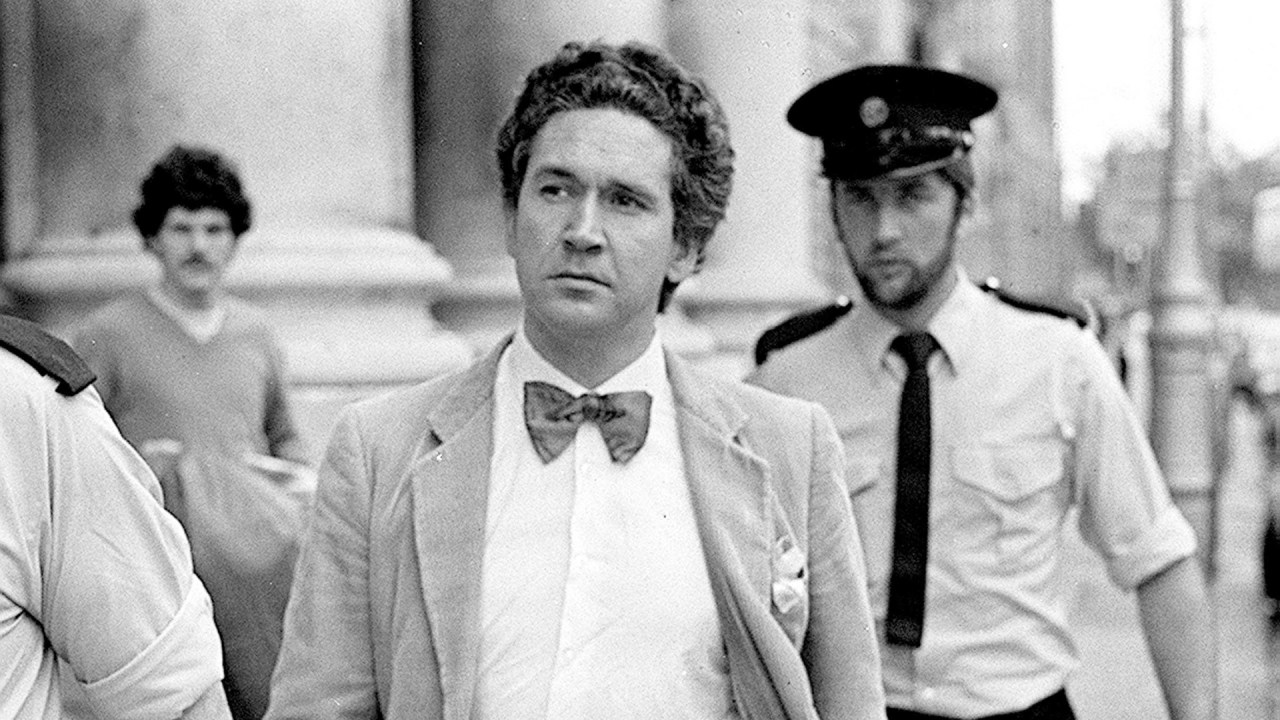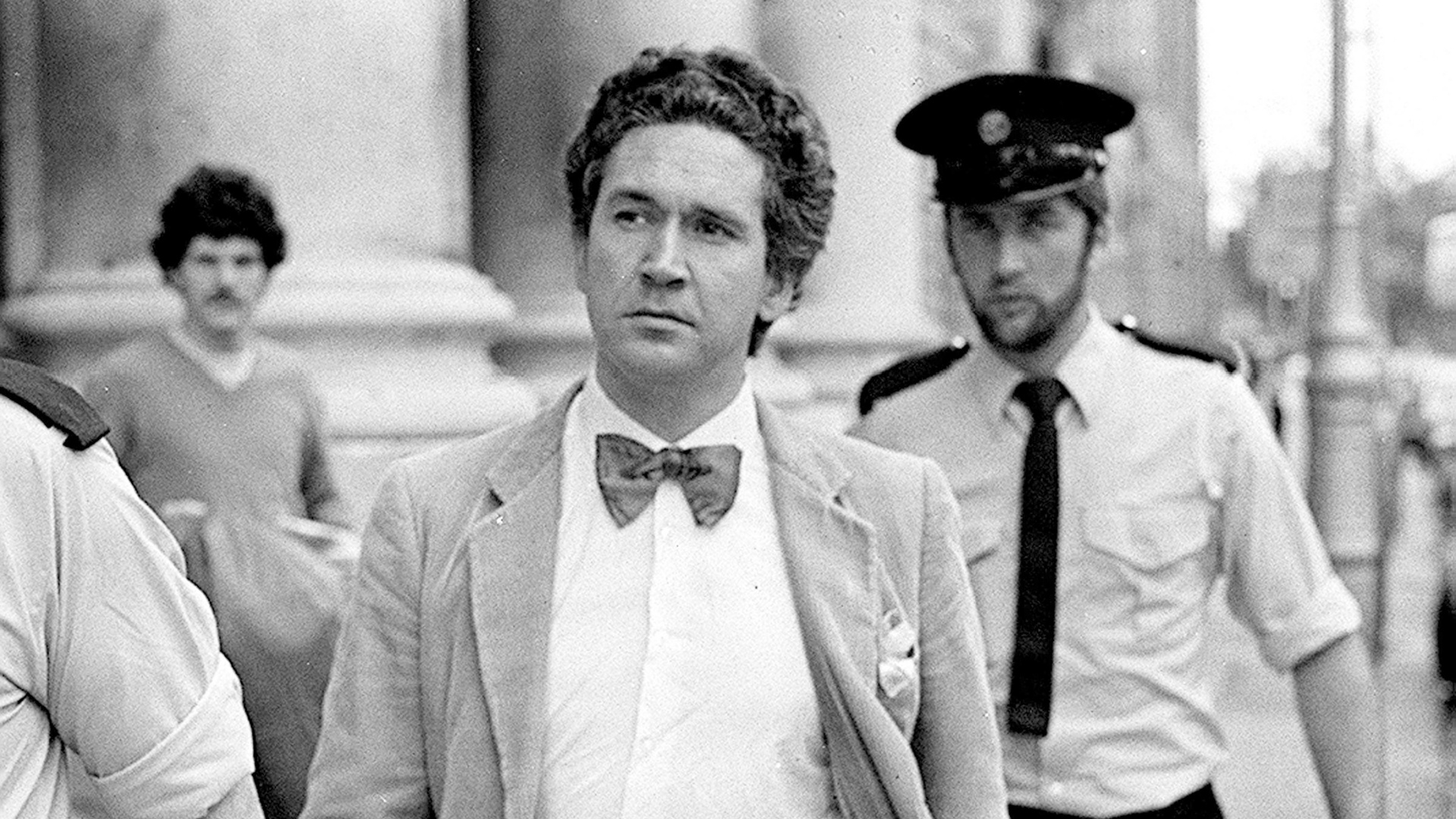Mark O’Connell was three years old when Malcolm Macarthur – a silken-tongued toff in a bow tie – went on his killing rampage in 1982, and 33 when he was released from prison in 2012. Eight years later, when he began this book, O’Connell describes stalking Macarthur around Dublin in the hope of securing the kind of interview that would cause Ireland’s most famous murderer to ‘tremble in terror and awe at the moral magnitude of his iniquity. I wanted to witness the breaking down of his ego defences, the revelation of some terrible emotional truth within’. His ambition recalls that of the Romantic essayist Thomas De Quincey, in relation to another dandy killer: ‘There must be raging some great storm of passion – jealousy, ambition, vengeance, hatred – which will create a hell within him; and into this hell we are to look.’
O’Connell got both more and less than he bargained for. Despite many hours of startling interviews, it is the mind of the writer and not the murderer we are invited to explore.
Macarthur has been written about before of course, in mile upon mile of reportage and also by John Banville in The Book of Evidence, where he is cast as the unreliable narrator, Freddie Montgomery. It was through Banville’s novel that O’Connell came to be interested in Macarthur as a subject, and A Thread of Violence, in which he plays another unreliable narrator, is concerned with the whole business of turning murderers into colourful ‘characters’ – particularly in the genre of true crime – while their featureless victims fade into obscurity.
Macarthur went into hiding in the apartment of his old friend Patrick Connolly, the attorney general
The Macarthur case, as O’Connell makes plain, is threaded through with so many fictions that it is important to establish the unbelievable facts.








Comments
Join the debate for just £1 a month
Be part of the conversation with other Spectator readers by getting your first three months for £3.
UNLOCK ACCESS Just £1 a monthAlready a subscriber? Log in